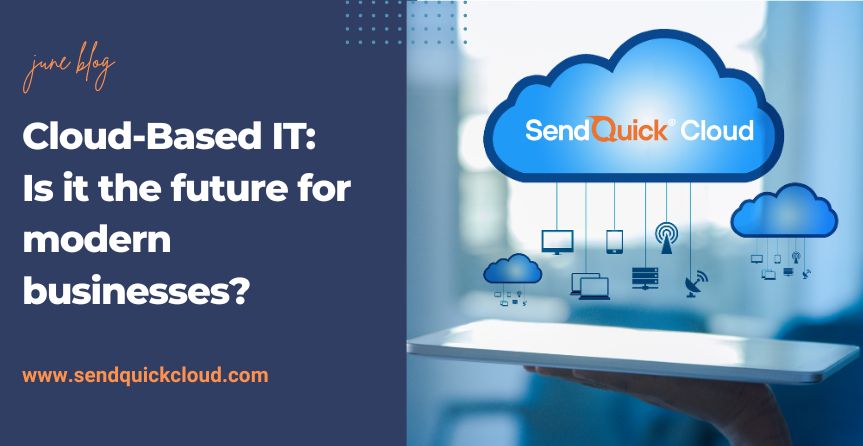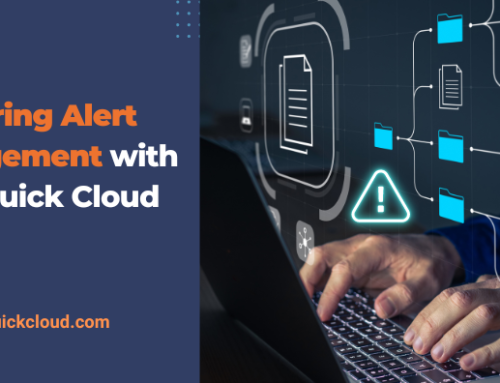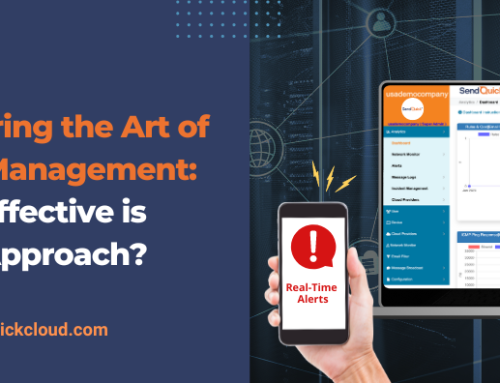IT systems are the backbone of many business operations and are heavily relied upon for monitoring and security. In recent years, businesses have been increasingly adopting cloud-based IT systems, often running hybrid infrastructures. This article will explore the reasons behind this shift and why cloud-based systems are becoming prevalent in the modern business landscape.
Cost Efficiency
Traditional on-premises IT systems can be expensive to maintain and operate. Companies are constantly seeking ways to reduce costs while maintaining the efficiency of their infrastructure. Cloud-based IT tools offer a more cost-effective solution as they eliminate the need for physical servers, which are expensive to acquire, maintain, and occupy office space. Additionally, cloud platforms generally require less maintenance, resulting in lower overhead costs.
Scalability
Scaling a traditional server system typically involves purchasing additional equipment and allocating more physical space within the office building for server rooms. Cloud-based servers, on the other hand, offer greater scalability and cost advantages. It is easier to increase the capacity of cloud-based systems, and they do not face the space constraints associated with physical servers, making them particularly suitable for smaller office spaces.
Accessibility
Cloud-based server systems provide users with remote access to their IT systems from anywhere in the world. While some companies may have initial security concerns, modern cloud-based IT systems come equipped with robust security measures such as multi-factor authentication to ensure the safety of data. This increased accessibility and flexibility enable employees to work from different locations, which has become crucial in the context of remote work and workforce mobility and globalisation.
Automation and Updates
IT systems require regular updates to incorporate new features and address security concerns. Updating and configuring a physical system can be challenging and may require additional hardware. Cloud-based IT systems, on the other hand, offer automated updates, ensuring data security and enabling the addition of new features seamlessly. This adaptability to market demands is particularly advantageous in competitive environments, as constant updates keep your systems up to industry standards.
Conclusion
Cloud-based IT systems are rapidly becoming the future of business operations, continuously improving in terms of reliability and functionality. A major concern for businesses switching to a cloud-based system could be the endless stream of alerts that are generated by IT systems on the cloud.
To address this concern, SendQuick Cloud offers a cloud-based IT alert management system that filters and prioritizes alerts from your IT monitoring systems. It streamlines communication by automatically converting email alerts into your preferred omnichannel communication mode, such as SMS, voice calls, and social messenger platforms using its email-to-text feature. It also offers features like roster and user management which allow alerts to be sent out based on employee working shifts and relevance. Moreover, SendQuick Cloud seamlessly integrates with major public cloud services, facilitating its effortless integration into your existing cloud infrastructures.
Find out more about SendQuick Cloud at https://sendquickcloud.com/ or Contact us for more information.




